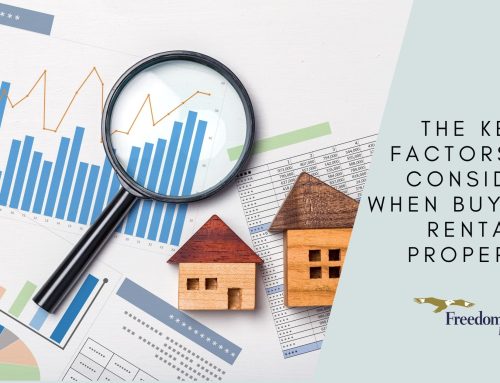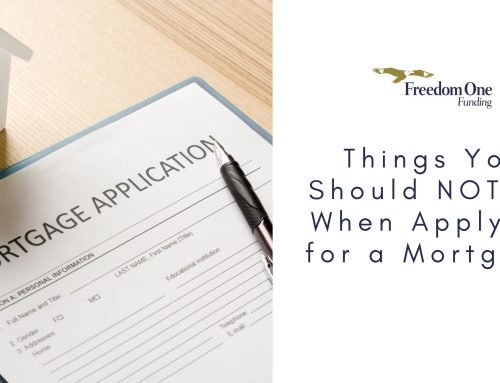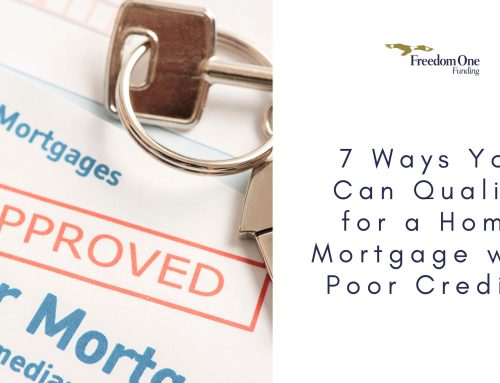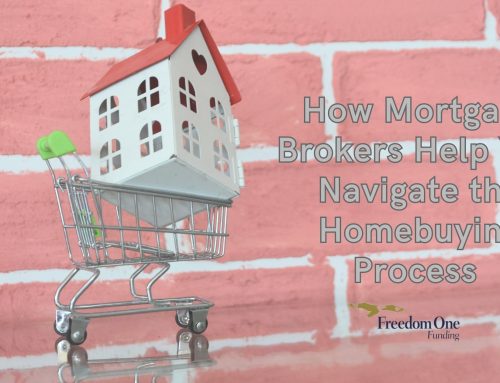Step aside down payment myths!
Lack of down payment prevents many people from purchasing their homes. If you are an aspiring homebuyer who is new to the real estate market, you might have been told that lenders require a 20% down payment of the total price for you to be eligible for a mortgage. The fact is that down payment requirements vary depending on the loan type.
Let us look at the popular down payment myths that prevent aspiring homebuyers from seeking mortgages:
Myth#1: Homebuyers Require A 20% Down Payment
Several mortgage options are available to home buyers that need a lower down payment or no down payment at all. For instance, USDA Rural Housing loans and Veteran Administration (VA) allow people to finance the complete purchase of the property with a 0% down payment. FHA loans need as little as 3.5 % down payment, while Fannie Mae & Freddie Mac mortgages require a 5% down payment.
Myth#2 Homebuyers Must Make a 20% Down Payment or Pay Monthly Mortgage Insurance
Although a homebuyer can make a 20% down payment to avoid mortgage insurance, those with less than 20% down payment will have various options to choose from. For instance, a home buyer can combine their 1st and 2nd mortgages with a 10% down payment. Also, with a 5% down payment, a person can use lender-paid mortgage insurance to eliminate the need to pay monthly, all while decreasing their monthly payments.
Myth#3 No One Provides Down Payment Assistance Programs Nowadays
Although the eligibility criteria for grants and other down payment assistance programs have changed, these programs still exist. The Federal Home Loan Bank’s Affordable Housing Program offers closing cost assistance and up to $5,000 in down payments to qualified homebuyers through participating banks.
Myth#4 Down Payments Covers Closing Costs
When a majority of people think about purchasing a property, their first thought is usually about the mortgage down payment. While the down payment is typically the largest payment required when purchasing a property, you will still be required to cover your closing costs.
Closing costs are the fees you pay the lender to secure your loan. These costs include title insurance and the appraisal fee. Just like the down payment, closing fees will be required when you close your mortgage. The closing fees will be separate from your down payment, and the expense may range from 3% to 6% of the loan’s total value.
If you cannot pay your closing costs, you can ask your seller to cover a percentage of them (also known as seller concessions), though there are limits on how much they can contribute based on your loan type.
Myth#5 Borrowed Funds Can Be Used for The Down Payment
Mortgage brokers will look at your debt-to-income ratio when calculating the amount of financing you are eligible for. A majority of lenders prefer to lend money to borrowers with a 45% or less gross monthly income that is tied to their debt. Taking out a personal loan to help you finance your down payment but, will increase your total monthly debt; hence you will be viewed as a risky borrower.
Although personal loans are a bad idea, you can use gift contributions to make your down payment (as long as you have proper documentation for the gift funds). If you are eligible for a VA, conventional loan, or an FHA, you can even finance your full down payment using gift funds.
Have questions? Contact Freedom One Funding to break out of the Down Payment Myths and deal with facts.






